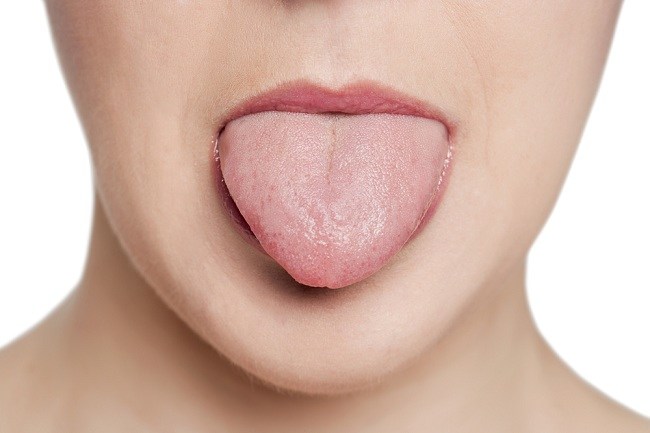Various Causes of Decreasing the Function of Tongue and Its Impact
There are various kinds of tongue functions. Not only tasting, chewing, mixing, and swallowing food, the tongue also serves to help the process of talking and fighting germs that cause disease. If the function of the tongue decreases, of course this will cause health problems and may interfere with daily activities.
In the world of medicine, disorders of the tongue are very diverse, can be a change in tongue color and texture, the tongue is painful and swollen, the tongue is difficult to move, or the tongue is unable to taste and taste sweet, bitter, salty, or sour. All of these disorders can cause tongue function to decrease. These problems arise with different causes.

Signs and Causes of Decreased Tongue Function
The cause of decreased tongue function can be very diverse , ranging from mild factors to severe factors. To find out the cause of decreased tongue function, doctors will usually check the symptoms experienced by the patient first. Below are some signs of decreased tongue function and its causes:
- The tongue swells
Swelling on the tongue can occur due to various things, ranging from sore throat, allergic reactions , injury or infection of the tongue, to tongue cancer. - Tongue texture changes
Changes in tongue texture can be affected by long-term use of antibiotic drugs, or due to the influence of radiation therapy on the head and neck. Tongue texture can also change due to irritation due to the use of toothpaste that contains chemicals that cause irritation, eating food or drinks that are too hot, or smoking and drinking excessive coffee. - Tongue changes color
The causes of changes in tongue color vary greatly, depending on the color changes. Changes in the color of the tongue become pink due to lack of iron and vitamin B12. Changes in tongue color to white are usually caused by lack of fluid intake, smoking habits, drinking alcohol, and not maintaining oral hygiene. In addition, the presence of fungal infections in the oral cavity can also cause thickening of the tongue that appears white. - Tongue feels pain. Pain in the tongue is generally caused by injury or infection for example, because of being hit, bitten, thrush, or due to lack of oral hygiene. This condition can also appear as an allergic reaction to a food, irritation of the content of toothpaste or mouthwash, eating foods that are too hot, to the influence of other diseases such as oral herpes, anemia, neuralgia, and cancer.
What Happens If the Function of Tongue Decreases?
The above disorders can cause complaints that interfere with tongue functions. In addition to having the main function as a sense of taste, communication aids, chewing, and swallowing food, the tongue also functions as a tool to suck, touch, and protect the mouth from germs.
When the function of the tongue as a communication aid decreases, You will have difficulty talking or communicating with others. Because, a person can speak if the tongue, teeth, and lips are able to work together to process the sound coming out of the throat, to become letters, words, and sentences that can be understood.
Another example, when the tongue functions as Chewing tools are interrupted, you can lack food intake. Because, the food you eat will certainly be difficult to swallow if it is not chewed and processed in the mouth first. You may also be reluctant to eat because it feels painful. If that happens, your general health condition will also be disrupted.
In addition to the two things above, another impact of decreased tongue function is the loss of the ability to feel or taste, which can be aggravated by the aging process. The average human has about 10,000 taster tips that change every two weeks (or more) once. But as we get older, the tip of the taste is harder to replace or regenerate. After 50 years, the tip of the taste decreases gradually until there are only 5,000 left.
The decreased ability of the tongue as a sense of taste is common in the elderly (elderly) as part of the aging process. Even so, regardless of your age, you should immediately consult a doctor or dentist if you feel a decrease in tongue function. If quickly treated, complications arising from interference with the tongue can be prevented.